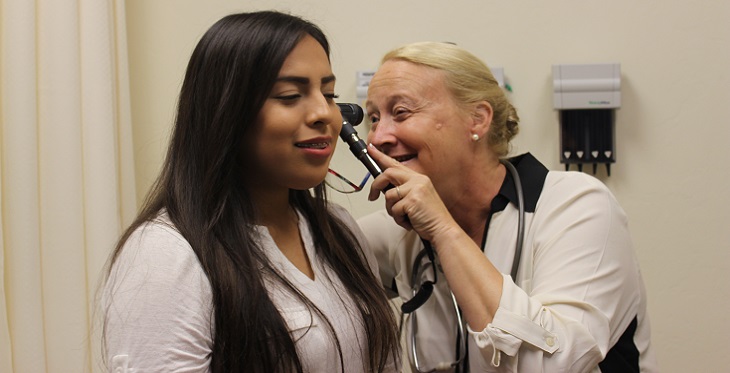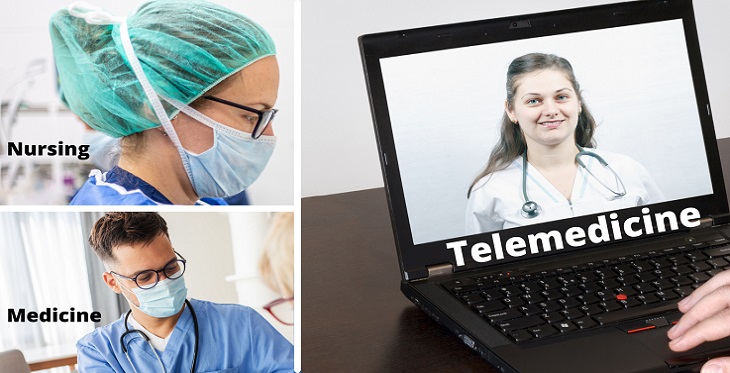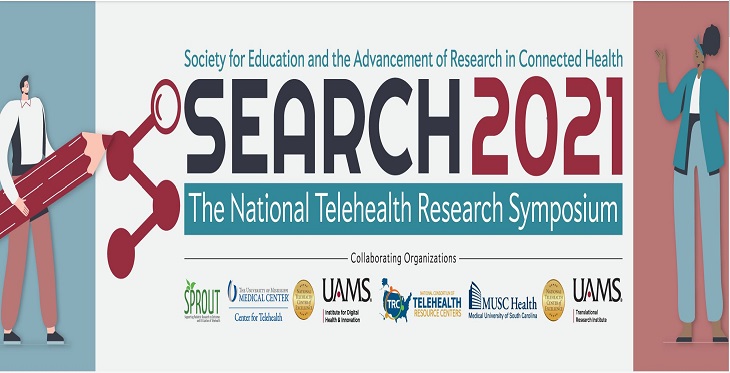During the COVID-19 pandemic, there has been a steady rise in telehealth use. By way of example; March 2020 saw telehealth visits increase by 154% compared to March 2019! While more recently, telehealth usage has decreased from all-time highs, it remains a convenient, and sometimes necessary option, particularly in rural communities where access to health care and public transportation may be limited. Even as telehealth presents an attractive option, a digital divide exists, particularly in rural communities, with Pew Research indicating nearly one-in-three households lack broadband access. With many communities possessing both a demonstrated need for telehealth, and persistent barriers to access, libraries stand poised to help.
The Arizona Telemedicine Program Blog, Category: mHealth
People living with disabilities face poorer overall health outcomes than their peers without disabilities. Could accessible telehealth help?
Dr. Tamsen Bassford, associate professor in the Department of Family and Community Medicine and a member of the University of Arizona College of Medicine - Tucson Sonoran Center for Excellence in Disabilities, says many of her patients were severely impacted during times of isolation during the COVID-19 pandemic, when shutdowns and social distancing were in place.
“Many of my patients with intellectual developmental disabilities (IDD) were restricted; they couldn’t go to work or go to their daytime activities – they were at home. They didn’t have access to things that made their days meaningful. Many patients had less access than neurotypical people have to online resources,” Dr. Bassford said.
My upbringing
I grew up in a Vietnamese refugee community in midtown Tucson. Throughout grade school, I eagerly watched as families slowly made their way out of the complex as if it were a graduation to the next social rung. After a decade of factory work, often managing three jobs, my mother saved enough for our little family to graduate, too. The dedication and perseverance I witnessed in her inspired me to become the first in my family to graduate from college.
The pandemic has created a lot of new realities throughout the world, telemedicine being one of them. As someone with thyroid disease and other ailments, I have to get regular check-ups (sometimes every month when it’s really flaring up). With my health issues, I see multiple different doctors (primary, cardiologist, endocrinologist, allergist), and it’s often very hard for me to find time to fit them all in to my already jam-packed schedule. Telemedicine has been such a welcome adaption for me, as it has truly taken a lot of the usual “appointment” stress, like commute time, completely out of the equation.
The Society for Advancing Research and Education in Connected Health (SEARCH) held its 7th annual meeting “The National Telehealth Research Symposium” November 8 – 10 of this year. Although the conference was virtual the science was 100% real and better than ever. Like any good conference, this one was enhanced by the collaborating organizations: SPROUT Supporting Pediatric Research on Outcomes and Utilization of Telehealth; MUSC Medical University of South Carolina National Telehealth Center of Excellence; UAMS IDHI University of Arkansas Institute for Digital Health & Innovation; NCTRC National Consortium of Telehealth Resource Centers; UMMC University of Mississippi Medical Center National Telehealth Center of Excellence; and UAMS TRI University of Arkansas for Medical Sciences Translational Research Institute. There were over 120 presenters at the meeting with a nice mix of prior attendees and those who were first-timers.




